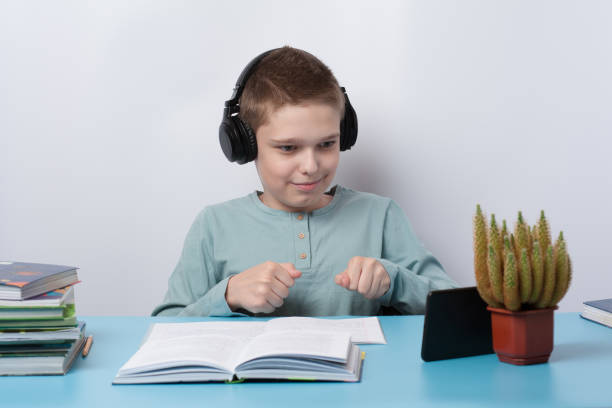“Harmonizing Learning: Study Techniques for Auditory Learners”
Introduction
Auditory learners thrive in environments where they can absorb information through listening, speaking, and hearing. By leveraging their natural affinity for auditory processing, auditory learners can enhance their study techniques to maximize comprehension, retention, and academic success. In this guide, we’ll explore tailored study techniques designed to optimize learning for auditory learners.
1. Active Listening
Engage in active listening during lectures, presentations, and audio recordings to absorb information effectively. Focus on understanding the speaker’s main points, asking questions for clarification, and mentally summarizing key concepts as you listen. Take notes to reinforce your understanding and capture important details, and review your notes regularly to reinforce learning.
2. Record and Replay
Record lectures, class discussions, or study sessions to capture spoken information for later review. Use a voice recorder or smartphone app to record audio, ensuring that you have permission from the instructor or participants before recording. Listen to the recordings during study sessions or downtime to reinforce learning and clarify any missed or unclear points.
3. Utilize Audiobooks and Podcasts
Take advantage of audiobooks and educational podcasts as supplemental learning resources. Choose audiobooks or podcasts related to your coursework or areas of interest and listen to them during commutes, workouts, or downtime. Pay attention to the content, take notes if necessary, and engage actively with the material to deepen understanding and retention.
4. Verbal Repetition and Explanation
Practice verbal repetition and explanation to reinforce learning and clarify understanding. Summarize key concepts, definitions, or processes aloud in your own words, explaining them as if you were teaching someone else. Verbalizing information helps solidify memory traces and strengthens comprehension through active engagement with the material.
5. Group Discussions and Oral Presentations
Participate in group discussions and oral presentations to enhance your verbal communication skills and deepen your understanding of course material. Join study groups or discussion forums where you can engage in dialogue with peers, share insights, and exchange ideas. Presenting information orally allows auditory learners to reinforce their understanding through verbal expression and receive feedback from others.
6. Mnemonics and Acronyms
Use mnemonics, acronyms, or rhymes to aid memory retention and recall of information. Create mnemonic devices that incorporate auditory elements, such as rhythm, rhyme, or melody, to help you remember key facts, sequences, or concepts. Mnemonics provide a fun and creative way to encode information in memory and retrieve it when needed.
7. Explore Music and Sound
Experiment with background music or ambient sounds to create a conducive study environment for auditory learners. Choose instrumental music or white noise tracks that enhance focus and concentration without distracting from the task at hand. Some auditory learners may find that certain types of music or sounds can help them enter a state of flow and improve information processing.
Conclusion
By incorporating these tailored study techniques into their learning routine, auditory learners can leverage their unique strengths to enhance comprehension, retention, and academic performance. Active listening, recording and replaying, utilizing audiobooks and podcasts, verbal repetition and explanation, group discussions, mnemonic devices, and ambient sounds all contribute to creating an immersive auditory learning experience. With dedication, practice, and a proactive approach to learning, auditory learners can unlock their full potential and achieve success in their academic endeavors.
